Update on Urban Honey – now with extra chooks!
24 Mar 2013
The best part of my Sunday was the visit by Urban Honey to check on our Urban Honey beehive. When Carmen and Todd arrived, I was sweaty and dirt stained. After having shifted over a 150kg of compost into a new bin, dug up some potatoes, pruned, and turned over a garden bed, I was a sight no doubt. But Todd, in his quiet, reserved way said ‘we’re from the country’. Which makes perfect sense. Physical work is not an oddity in the country. The sight of someone in a work shirt and a bit dirty is no surprise. There is nothing objectionable about wearing a hat and perspiring. Of course, country people would have been wearing their boots, no matter how warm it was and how close to the home paddock they were working. I wasn’t and I regretted it later as I shook the dirt out of my crocs.
The excitement this afternoon is that our tour of the garden, involved the chooks. Finally, our chook palace has actual chooks. We had been finding the right chooks elusive, and then yesterday at the farmer’s market our number came up. Four of the kind of bantams we like, were available. Right there and then. We snapped them up. Soon we were off with our cardboard box of chooks. We were almost ready for their arrival, but there was a bit of flurry on Saturday afternoon to make final preparations.
As Carmen and Todd wandered around the garden today taking photos and chatting about bee friendly plants, the progress of the hive was noted and Carmen moved it slightly to take account of the shifting sun as we head into the cool weather. We talked about the Arbutus, the Irish Strawberry tree, which has come into flower and is full of bees. We chatted about herbs and other flowering plants. We also chatted about the importance of what the Urban Honey project represents. The value is not the honey, or the even the pollination, but rather the education. It is about Benedict and his peers. While we work to try to build our urban pantry; herbs, potatoes, eggs, honey, we are building something much more significant. We are building understanding of where food comes from, how it grows, what the consequences are of the choices we make every day.
While I haven’t got enough time to make my own garden as wonderful as it is in my imaginings, I can always talk about how important it is to work towards an intelligent understanding of the world we live in, and how we can improve it.
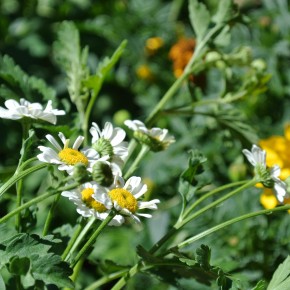
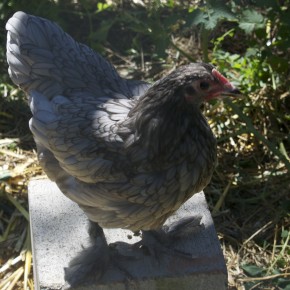
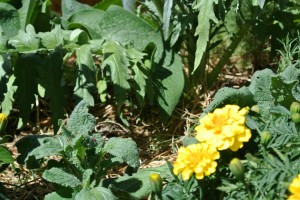
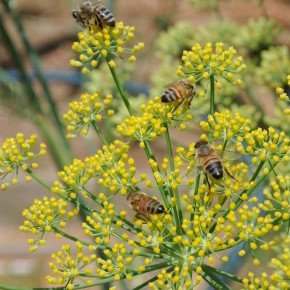
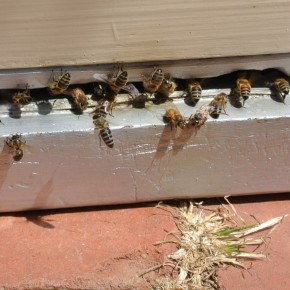


Recent Comments